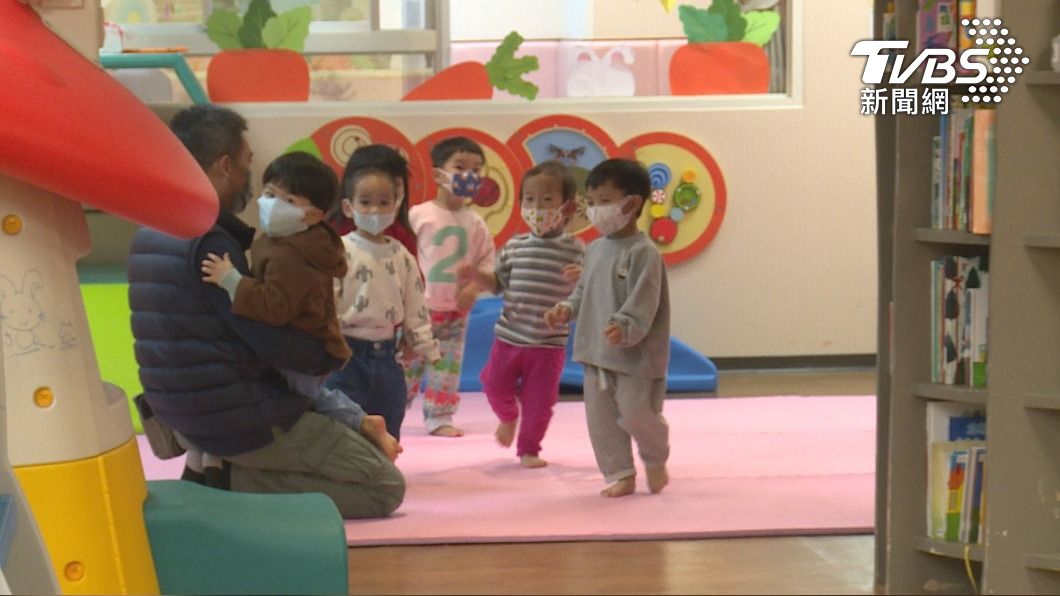TAIPEI (TVBS News) — Despite the Taiwanese government providing subsidies to new parents, the country's fertility rate continues to decline.
In response, businesses in Taiwan are taking action by opening daycare centers within workplace buildings, making it easier for new parents to balance work and family responsibilities.
The availability of such facilities has proven to be a more significant incentive for women to have children.
Hsieh Min-yun, an office worker at a local job bank in Taiwan, remarked, "my colleagues and I feel that our company's provision of a daycare center has positively influenced our decision to have two, even three children."
"This facility has instilled a sense of optimism and motivation towards contributing to the nation's fertility rate."
Over the past five years, the six special municipalities in Taiwan have provided NT$12 billion in birth subsidies. Still, experts argue that the government needs to focus on protecting women's employment in the workplace and providing more public daycare centers to effect substantial change.
While cash incentives have been provided in the past, there has been a sharp decline of nearly 40,000 newborns in Taiwan compared to five years ago.
Experts argue that practical solutions that protect women’s employment and provide affordable childcare centers would be more useful in the long run.
Awakening Foundation's general secretary Chin Yu-jung pointed out, "experts suggest prioritizing protecting women's employment during and after childbirth and increasing the availability of public daycare centers."
"But currently, neither of these measures has been effectively implemented in Taiwan, despite the government's monetary incentives," Chin added.
They urge the government to focus on practical solutions rather than one-time monetary incentives to encourage women to have children.



